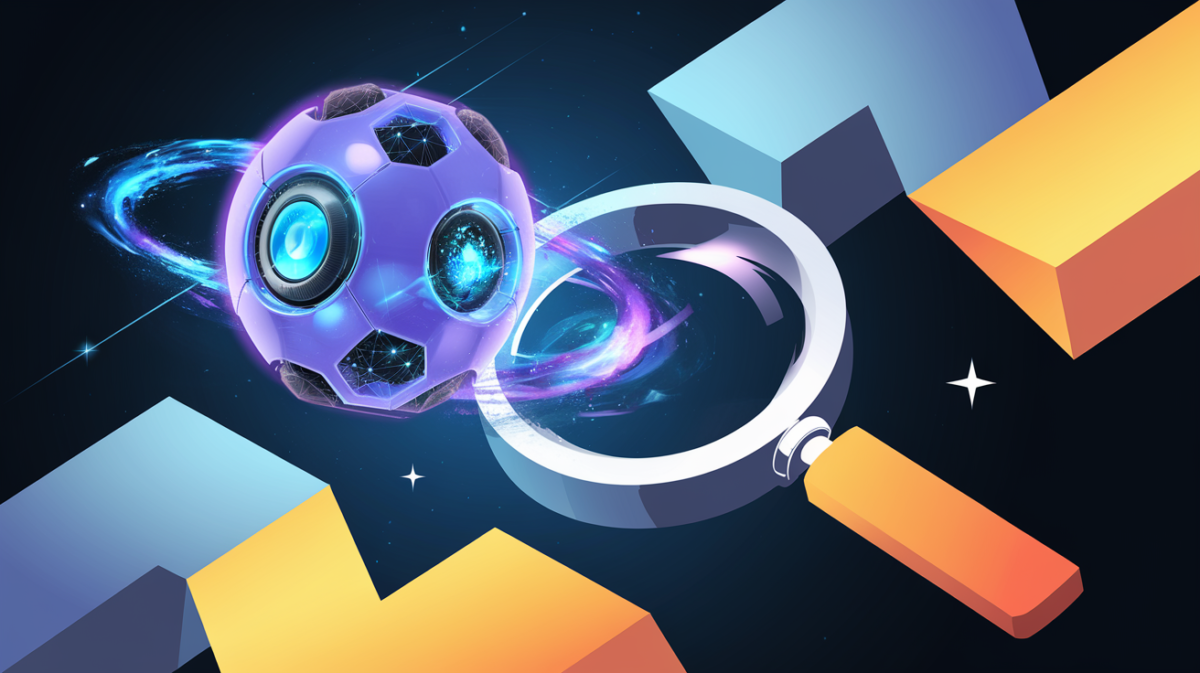For decades, Google has reigned supreme as the go-to search engine, shaping how billions of people access information online. Its dominance, built on sophisticated algorithms and a vast advertising empire, has seemed unshakable—until now. The rapid rise of artificial intelligence (AI), particularly tools like OpenAI’s ChatGPT, is reshaping the digital landscape, posing the most significant threat yet to Google’s stronghold.
How AI is Redefining Search
Traditional search engines like Google rely on users typing queries and sifting through lists of links. AI-powered platforms, however, offer a more intuitive and conversational approach. Instead of presenting multiple links, tools like ChatGPT provide direct, context-aware answers, fundamentally altering how people seek information.
- Conversational Search: AI chatbots engage users in dialogue, delivering precise answers without the need to navigate multiple web pages.
- Personalized Responses: Unlike static search results, AI tailors responses based on user interactions, creating a more dynamic experience.
- Real-Time Data Access: Emerging AI search engines, such as OpenAI’s SearchGPT, can pull live data from the internet, further reducing reliance on traditional search.
The Competitive Threat to Google
Google’s biggest challenge isn’t just the technology itself but the speed at which AI is being adopted. Major players like Apple are already integrating ChatGPT into their ecosystems, signaling a shift in how users interact with devices and search for information.
| Factor | Google’s Traditional Search | AI-Powered Search |
|---|---|---|
| User Experience | Lists links for users to explore | Provides direct, conversational answers |
| Speed | Requires browsing multiple pages | Delivers instant, summarized responses |
| Adaptability | Limited personalization | Learns and adapts to user preferences |
Advertising Revenue at Risk
Google’s financial backbone—its advertising business—is also under threat. AI platforms are beginning to incorporate ads, creating new avenues for marketers and diverting revenue from traditional search engines. For example, if ChatGPT starts displaying sponsored responses, it could siphon off a significant portion of Google’s ad income.
- Shift in Ad Spending: Brands may redirect budgets toward AI platforms offering more engaging ad formats.
- New Advertising Models: AI chatbots could introduce innovative ad placements, such as sponsored answers or product recommendations.
Regulatory and Market Pressures
While antitrust regulators have long scrutinized Google’s market practices, AI’s rapid evolution presents a more immediate challenge. Unlike regulatory actions, which unfold over years, AI advancements are happening at breakneck speed, leaving Google little time to adapt.
Analysts suggest that AI’s growth could outpace legal interventions, forcing Google to innovate or risk losing its edge. Meanwhile, partnerships like Apple’s collaboration with OpenAI hint at a future where AI-driven search becomes the norm, further sidelining traditional engines.
What Lies Ahead for Google?
The rise of AI doesn’t spell the end for Google, but it does signal a pivotal moment. To stay relevant, the tech giant must embrace AI-driven innovations, whether through its own developments or strategic acquisitions. The search landscape is evolving, and adaptability will be key to survival.
As AI continues to advance, one thing is clear: the era of unchallenged search dominance is over. The question now is how Google will respond to this seismic shift—and whether it can reinvent itself in time.







